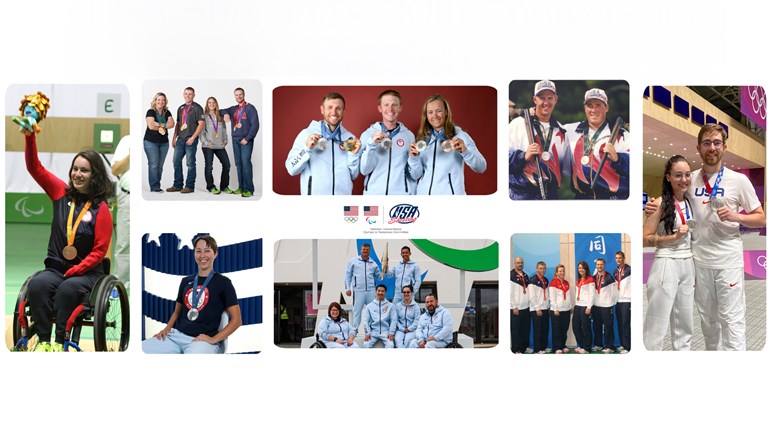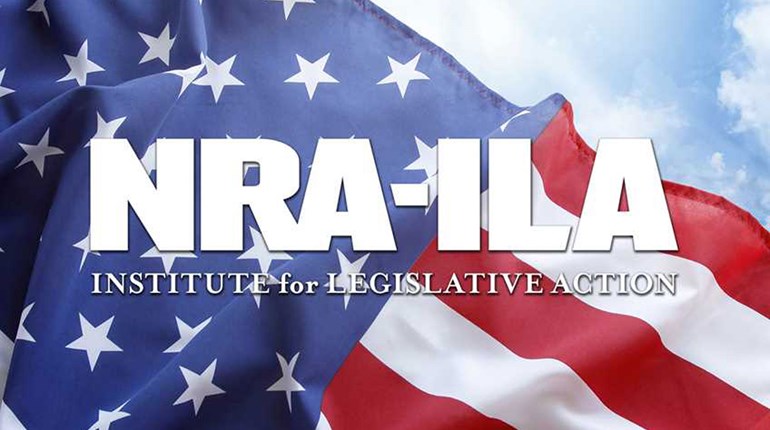
“I can’t do it. I can’t choose. It’s just too hard.”
No, this is not a line from “Sophie’s Choice.” These are friends of mine—and yours—justifying their decision to not vote for either major party’s candidate for president.
Maybe you’re empathetic. Perhaps you’ve even considered not casting a vote yourself. Maybe … just maybe … you toyed with the idea that not voting would be a statement of principle—a finger in the eye of a political establishment that dared to nominate two candidates that you have found wanting.
If so, then I’m giving you fair warning; you’ll find no sympathy here—you blithering, irresponsible pinky toe of a gnat, you.
------
I’m sorry; that was uncalled for. There’s been enough name-calling already this year.
However, I’m vexed by this response. I’ve heard this—from people whom I respect—so often that it’s challenged me to examine this attitude. After a lot of consideration, this is what I think it boils down to:
We make hard choices all the time; we’re built for it … difficulty alone in no way makes “none of the above” a morally superior decision.Humans are singularly blessed among God’s creatures with an ability to reason. In order to reap the rewards of this superpower, we must sometimes make hard choices—for the benefit of ourselves and others.
Happily, we are given all the tools we need to make those choices. From determining what size coffee to order, to what college to attend, to what to do about Syrian refugees, we exercise our judgment constantly. That exercise improves our skillset: The more we do it, the better we get at it.
Making hard decisions is so important that we value the mere ability to make a decision over the quality of one’s skill level. Making a mistake is more socially acceptable than being indecisive (“Make a decision, even if it’s wrong”).
We make hard choices all the time; we’re built for it. You may find a choice difficult, but difficulty alone in no way makes “none of the above” a morally superior decision.
------
Those who think that making a choice for president is too hard often tend to be those who only engage on Election Day. They labor under the false belief that voting somehow satisfies their civic requirements, and that they should be able to return to their Twitter accounts in peace afterwards.
I have news for them: An election is only the political equivalent of choosing sides on the playground—it merely determines who’s going to be playing, and on which team. It is a starter’s pistol, not a finish line.
The end of an election is a signal to run onto the field, not head for the locker room. That’s when the real work begins—no matter who wins.
------
Former Florida governor and presidential aspirant Jeb Bush can’t find it in himself to vote for either Donald Trump or Hillary Clinton. He masks his refusal to choose as principle, saying, “Well, if everybody didn't vote, that would be a pretty powerful political statement, wouldn't it?"The end of an election is a signal to run onto the field, not head for the locker room. That’s when the real work begins—no matter who wins.
I see you, Jeb, and I raise you Teddy Roosevelt:
“It is not the critic who counts; not the man who points out how the strong man stumbles, or where the doer of deeds could have done them better. The credit belongs to the man who is actually in the arena, whose face is marred by dust and sweat and blood; who strives valiantly; who errs, who comes short again and again, because there is no effort without error and shortcoming; but who does actually strive to do the deeds; who knows great enthusiasms, the great devotions; who spends himself in a worthy cause; who at the best knows in the end the triumph of high achievement, and who at the worst, if he fails, at least fails while daring greatly, so that his place shall never be with those cold and timid souls who neither know victory nor defeat.”
“Not voting” isn’t principled, Governor. I’ll grant you that it is, however, easier.
------
Of course, my friends and family who have chosen not to vote by Tuesday will still be my friends and family on Wednesday. Love does, of course, conquer all.
But because I love them, I want them to make a choice. I think they’ll eventually respect themselves more for doing so. I want what’s best for them, and I think it’s better to make a decision—yes, even if it’s wrong.
I would ask them: In four years, after Hillary has placed three nominees on the Supreme Court, and gun makers and sellers have been sued into bankruptcy, and “assault weapons” have been banned again, and millions of veterans and recipients of Social Security benefits have lost their gun rights, and the Senate has ratified Obama’s U.N. Arms Trade Treaty—do you really want to have to say that the choice for president in 2016 was just too hard?
Those who believe in freedom have fought for it over the course of decades, getting up again and again after being knocked down, winning more than they lose. Their faces are marred by strained relationships, lost career opportunities and societal ostracism, but they have stayed in the arena.
On Wednesday morning, do you really want to admit to them that you stayed on the sideline?

































